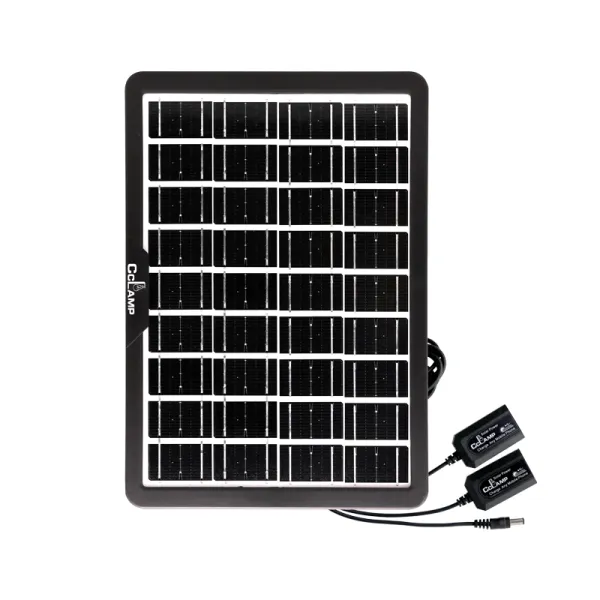How many solar panels do you need to run a house?
The number of solar panels needed to power a house varies depending on several factors, including the size of the house, its location, energy consumption, and the residents' lifestyle. Nonetheless, we can estimate the required number of solar panels based on some common guidelines.
Firstly, it's important to understand the basic workings of solar panels. Solar panels generate electricity by converting sunlight into energy to supply household power. Thus, a crucial factor is the amount of sunlight available in the area where the house is located. In regions with ample sunlight, fewer solar panels may suffice to generate enough electricity, while more panels are needed in areas with less sunshine.
Secondly, consider the energy consumption of the house. A household's energy consumption is influenced by many factors, including the number of occupants, types of appliances, and their frequency of use. If a household frequently uses high-energy-consuming devices such as air conditioners, heaters, or electric water heaters, more solar panels are required to meet this higher energy demand.

Another factor to consider is the size and design of the house. Larger houses typically require more small size solar panels to meet energy needs, whereas smaller houses may only need a few panels to fulfill requirements. Additionally, factors such as the orientation of the house, the angle of the roof, and shading from nearby objects also affect the efficiency of solar panels.
In summary, typically, a typical household may need to install 10 to 20 solar panels to meet its daily energy needs. However, this is only a rough estimate and may vary due to individual differences. For an accurate determination of the required number of solar panels, it's best to consult with professional solar companies or engineers for an assessment.
In addition to the number of solar panels, other related costs and factors need to be considered, including installation expenses, inverters, battery storage systems, and connection to the local power grid. Although the initial investment may be relatively high, solar energy systems generally achieve returns within a few years and provide long-term energy and economic benefits for households.
In conclusion, determining the number of lightweight solar panels needed for a house requires consideration of multiple factors, and it's best to consult professionals for an assessment. However, with proper planning and installation, solar systems can serve as a reliable source of energy, providing households with clean, renewable energy and reducing reliance on traditional energy sources.
Additional Tips and Considerations for Solar Panel Installations
When planning a solar panel installation, it's important to take into account the following:
1. Conduct a Solar Feasibility Study
Before committing to a solar panel installation, a solar feasibility study can help evaluate the solar potential of your property. This assessment will consider factors like roof orientation, shading, and available roof space to determine if your house is suitable for a solar energy system.
2. Choose the Right Solar Panels
There are various types of solar panels available, such as monocrystalline, polycrystalline, and thin-film panels. Each type has its own efficiency and cost attributes. Consulting with a solar expert can help you choose the best option for your specific needs and budget.
3. Consider Future Energy Needs
When deciding on the number of solar panels, think about your future energy requirements. If you plan on expanding your home or adding more appliances, it may be beneficial to install additional panels to accommodate this increased energy demand.
4. Explore Incentives and Rebates
Many governments and local authorities offer incentives and rebates for solar panel installations. These financial benefits can significantly reduce the initial investment and make solar energy systems more affordable for homeowners. Be sure to research the available options in your area.
5. Monitor and Maintain Your System
Once your solar panels are installed, regular monitoring and maintenance are essential to ensure optimal performance. Keep an eye on your system's output and clean the panels as necessary to maximize their efficiency. Periodic professional check-ups can also help identify and address any issues promptly.

